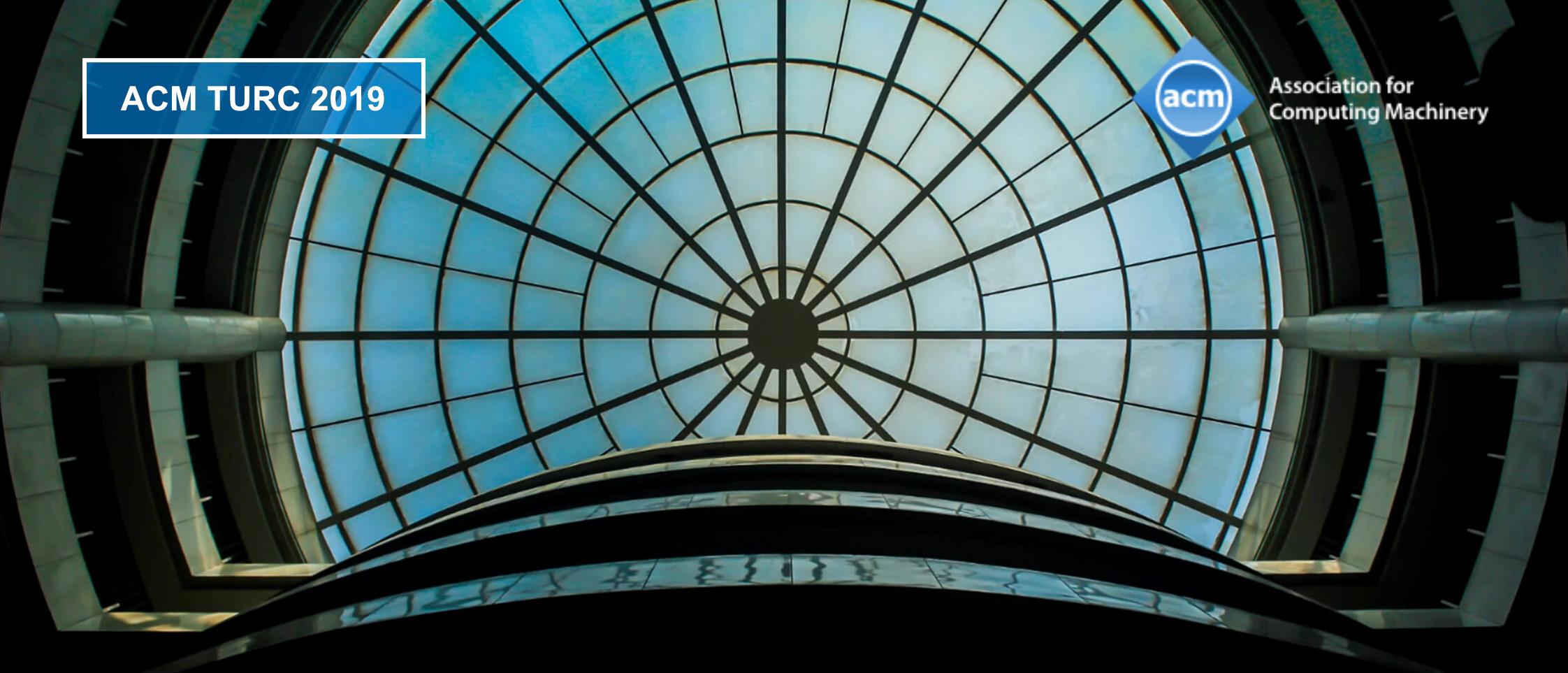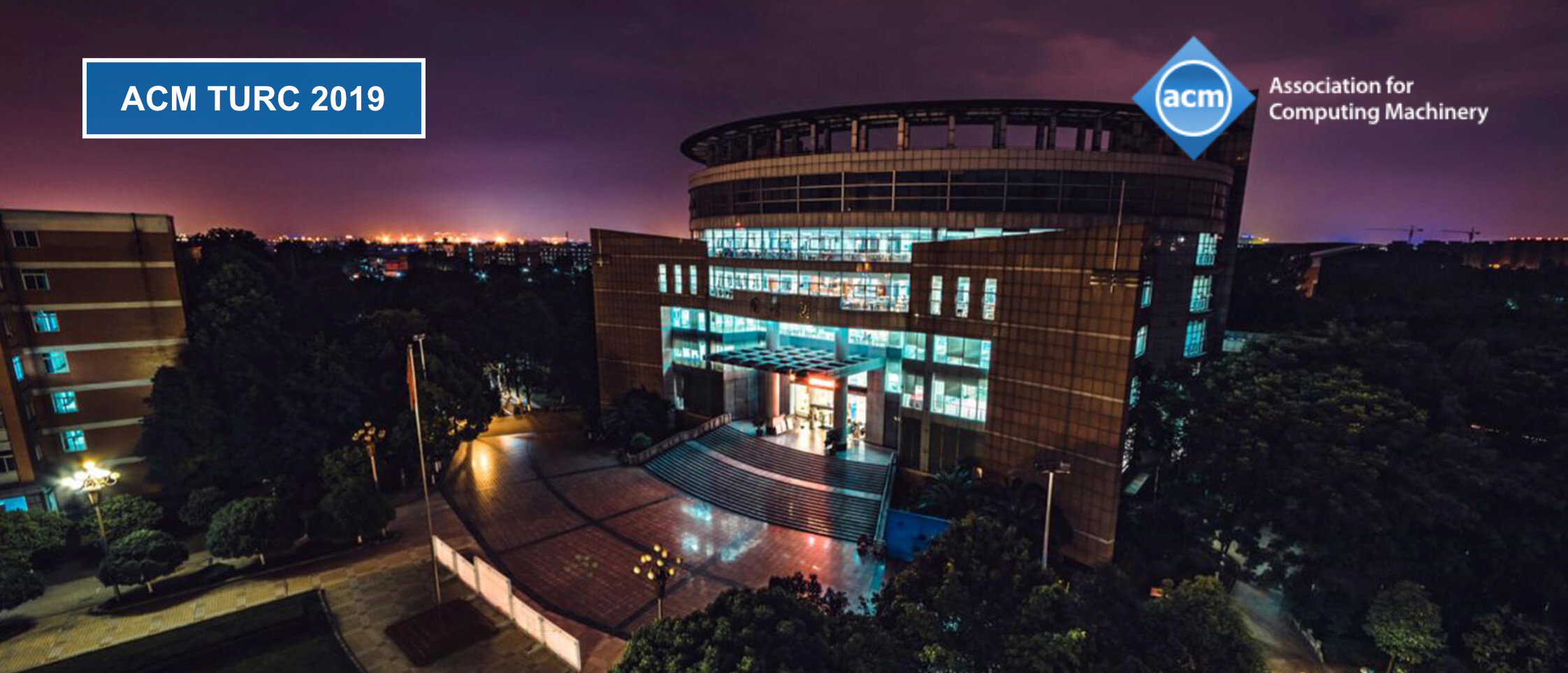Keynote 1: Towards a Conscious AI: A Computer Architecture inspired by Neuroscience
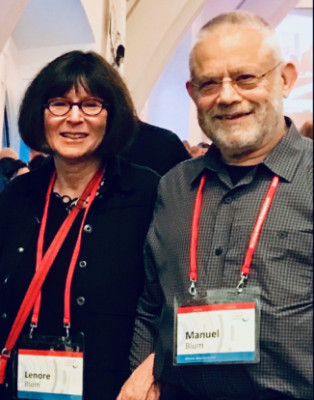 曼纽尔·布卢姆 & 丽诺尔·布卢姆 卡内基·梅隆大学 |
Abstract:
Thanks to major advances in neuroscience, we are on the brink of a scientific
understanding of how the brain achieves consciousness. This talk will describe
neuroscientist Bernard Baars' Global Workspace Model (GWM) of the brain, its
implications for understanding consciousness, and a novel computer architecture that it
inspires.
The major contribution of this talk lies in the precise formal model of Conscious Turing Machine (CTM) aka Conscious AI (CAI) to be presented. This is joint work of Manuel and Lenore Blum. |
Keynote 2
 希尔维奥·米卡利 麻省理工学院 |
Keynote 3: What are the Limits of Feasible Computation?
 莱斯利·瓦利安特 哈佛大学 |
Keynote 4: 从软件定义到泛在操作系统
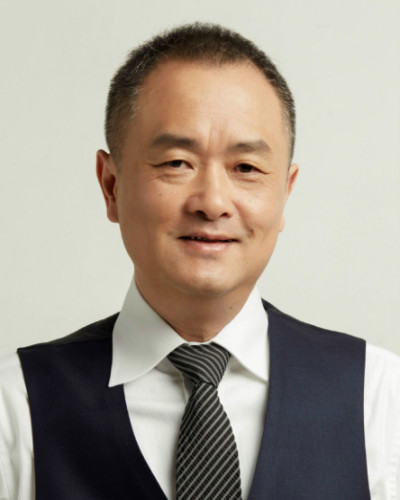 梅宏 中国科学院 |
Keynote 5: Perspectives on Engineering Research and Education in the 21st Century
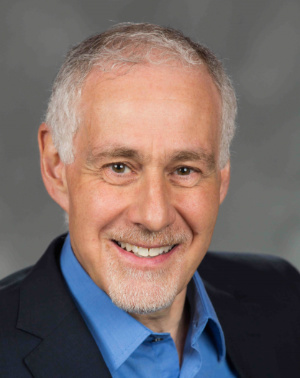 亚历山大·沃尔夫 加州大学圣克鲁兹分校 |
Abstract:
The nature of engineering and engineers has evolved significantly since the turn of the 21st
century. How should universities adjust to this change, and how should we conceive of
engineering research and education in this new context? I explore this question with the
hope that it will lead to new insights into the role and shape of engineering schools of the
future.
Bio: Alexander L. Wolf serves as Dean of the Baskin School of Engineering and is a Distinguished Professor of Computer Science and Engineering at the University of California, Santa Cruz. Prior to this he was a Professor of Computing at Imperial College London, Professor of Computer Science at the University of Colorado at Boulder, and a Member of the Technical Staff at AT&T Bell Laboratories. Prof. Wolf's research interests span the areas of distributed systems, networking, and software engineering. His achievements include seminal work in software architecture, business analytics, and information-centric networks. Prof. Wolf served as President of the Association for Computing Machinery (ACM), is a Fellow of the ACM, a Fellow of the IEEE, a Chartered Fellow of the BritishComputer Society, holder of a Royal Society-Wolfson Research Merit Award, two-time recipient of an ACM SIGSOFT Research Impact Award, recipient of both the ACM SIGSOFT Outstanding Research Award and Distinguished Service Award, and recipient of an Alumni Award for Outstanding Achievement in Research from the Department of Computer Science at the University of Massachusetts at Amherst. |
Keynote 6: AI ethics: from principles to practices
 沈向洋 微软 |
Keynote 7: Health Monitoring with Machine Learning and Wireless Sensors
 狄娜·卡塔比 麻省理工学院 |
Abstract:
Driven by advances in medicine and increased lifespans, societies are now aging at an alarming rate. This fact presents a host of new challenges - many seniors live alone and are subject to falls, accidental injuries, chronic disease exacerbations, and depression. The situation places an alarming burden on our health care system and society more generally, a burden that is only expected to grow over time.
This talk will introduce Emerald, a new technology that uses machine learning for health monitoring in the home. Emerald automates health monitoring through innovations in wireless sensing and machine learning. The Emerald device is a Wi-Fi like box that transmits low power radio signals, and analyzes their reflections using neural networks. It infers the movements, breathing, heart rate, falls, sleep apnea, and sleep stages, of people in the home -- all without requiring them to wear any sensors or wearables. By monitoring a variety of physiological signals continuously and without imposing a burden on users, Emerald can automatically detect degradation in health, enabling early intervention and care. The talk will describe the underlying technology, and present results demonstrating Emerald's promise in a geriatric population. Bio: Dina Katabi is the Andrew & Erna Viterbi Professor of Electrical Engineering and Computer Science at MIT. She is also the director of the MIT’s Center for Wireless Networks and Mobile Computing, a member of the National Academy of Engineering, and a recipient of the MacArthur Genius Award. Professor Katabi received her PhD and MS from MIT in 2003 and 1999, and her Bachelor of Science from Damascus University in 1995. Katabi's research focuses on innovative mobile and wireless technologies with application to digital health. Her research has been recognized with ACM Prize in Computing, the ACM Grace Murray Hopper Award, the SIGCOMM test of Time Award, the Faculty Research Innovation Fellowship, a Sloan Fellowship, the NBX Career Development chair, and the NSF CAREER award. Her students received the ACM Best Doctoral Dissertation Award in Computer Science and Engineering twice. Further, her work was recognized by the IEEE William R. Bennett prize, three ACM SIGCOMM Best Paper awards, an NSDI Best Paper award, and a TR10 award. Several start-ups have been spun out of Katabi's lab. |
Keynote 8: Artificial Intelligence: The Era of Big Integration (人工智能: 走向大一统的时代)
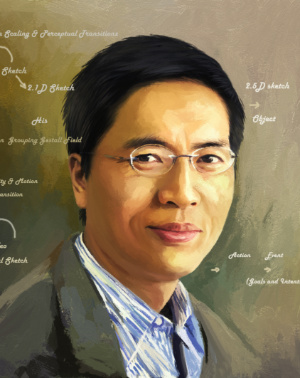 朱松纯 加州大学洛杉矶分校 |
Keynote 9: 大规模图神经网络平台AliGraph
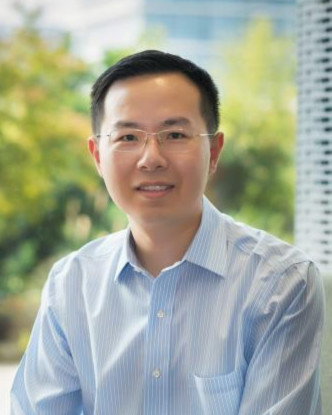 周靖人 阿里巴巴 |
Abstract:
超大规模图计算在大数据公司发挥着越来越重要的作用,尤其是以深度学习和图计算结合的大规模图神经网络为代表的系列算法在阿里的诸多业务场景都取得了阶段性成果。单纯的深度学习已经成熟,而结合了深度学习的图神经网络将端到端学习与归纳推理相结合,有望解决深度学习无法处理的关系推理、可解释性等一系列问题。强大的图神经网络将会类似于由神经元等节点所形成网络的人的大脑,真正让机器具备常识,成为具有理解、认知能力的AI。 阿里巴巴生态体系的数据是极其丰富多样的,涵盖着从购物、出行到娱乐、支付等各个方面信息。比如个性化推荐系统作为一种信息过滤的重要手段,可以依据我们的习惯和爱好推荐合适的商品或者服务,但是传统的推荐系统容易出现稀疏性、冷启动和信息重复性的问题,而大规模图神经网络正在成为一种新兴类型的推荐辅助信息,可以将自然人的全域信息有效的结合起来,真正挖掘、理解每个人的需求,推出消费者感兴趣的潜在商品。我们正在致力于研发新一代基于超大规模图神经网络的推理平台AliGraph,可以高效的对于超过几十亿节点,千亿的边进行推理分析。基于这个挑战,我们同时也在信息检索、分布式计算、大规模系统设计、机器学习、人工智能、自然语言处理等相关领域带来新鲜理念和突破性进展。 Bio: 周靖人博士入选IEEE Fellow,是因其在“云计算、大数据、数据库领域做出的杰出贡献。”此前,作为大规模分布式系统和数据库等领域的国际级权威学者,拥有16项相关专利,并在国际多家权威期刊发表了50多篇顶级论文。他在2004年获得美国哥伦比亚大学计算机博士学位,后加入微软担任研发合伙人。2015年,周靖人博士加入阿里巴巴集团,现任阿里巴巴集团副总裁,负责达摩院智能计算实验室、大数据智能计算平台、搜索推荐事业部。刚过去的2018年双11中,周靖人博士带领的大数据智能计算平台团队,完美支撑了全球“最猛”的交易洪峰。双11零点,全球大数据“泄洪”之闸开启:2分05秒达100亿元,大数据智能计算平台实现实时日志处理峰值每秒17亿条(约合每秒1.7TB),相当于1秒钟内读完120万本今年新版《新华字典》的数据量。除此之外,周靖人所负责的搜索算法团队,还在双11期间帮助消费者完成了453亿次AI个性化推荐。这相当于根据用户的喜好,生成了453亿个专属货架,使消费者在海量商品中更容易找到真正需要的和想要的,新技术,已推动所有商品与信息连接,带领公众走进个性化、定制化时代。 |
Keynote 10: 知识与语言智能
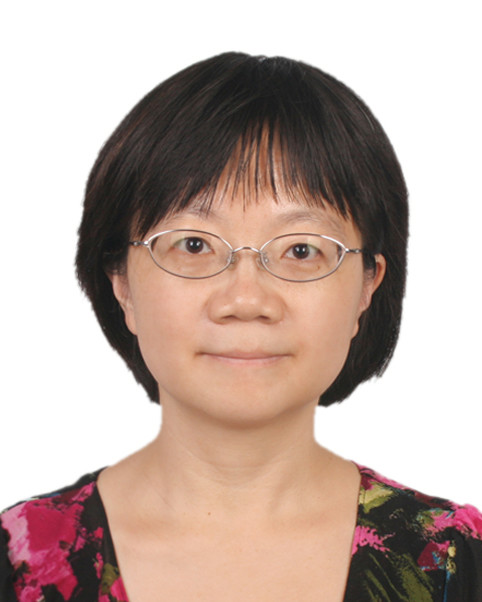 吴华 百度 |
Abstract: 人类通过语言描述世界、相互交流、传承知识,要想理解和运用语言,所需要的背景知识远远丰富于语言本身,反过来,要想学习和理解知识,语言是最重要的媒介和载体。本报告将介绍多元异构知识图谱、知识驱动的语言理解与生成技术,以及这些技术在搜索、问答、写作、人机对话等领域的应用。 Bio: 吴华,博士,百度技术委员会主席、百度自然语言处理部首席科学家。负责的百度翻译项目翻译质量处于世界领先水平,并获国家科学技术进步奖二等奖;在语法语义分析、人机交互、自动问答等方向上进行了多项创新,其成果应用于知识图谱、搜索、百度大脑,并分别获得中国电子学会科学技术奖一等奖。吴华博士曾担任自然自然语言处理领域国际会议ACL 2014年的程序委员会主席,并多次受邀担任ACL、IJCAI、AAAI等国际会议的领域主席或者资深审稿人;并作为分课题负责人或者成员参与过863重大项目、973项目、自然科学基金重点项目等。曾获布斯“AI杰出女性”、“国家杰出工程师”、“十佳中国电子学会优秀科技工作者”等称号。 |
